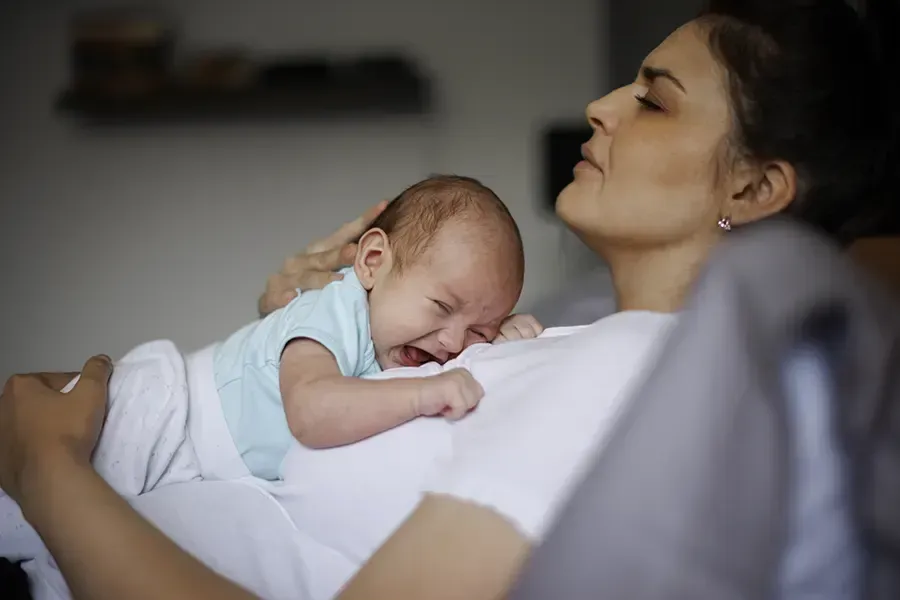10 Clear Signs of Perinatal Depression: When to Seek Help
The transition into motherhood is often filled with joy, but it can also bring emotional challenges. For some women, these feelings go beyond typical pregnancy-related changes and evolve into perinatal depression.
Recognizing the signs early is crucial, as timely support can improve both maternal and infant well-being significantly. In this article, the perinatal therapy professionals at
Evolve: A Behavioral Health Center reveal 10 clear signs to watch out for, along with guidance on how perinatal counseling can help.
What are the Symptoms of Perinatal Depression?
- Persistent Feelings of Sadness or Hopelessness
- Intense Feelings of Guilt or Worthlessness
- Fatigue Beyond the Usual Pregnancy Tiredness
- Loss of Interest in Activities You Once Enjoyed
- Difficulty Bonding with Your Baby
- Changes in Sleep Patterns
- Irritability or Uncontrollable Mood Swings
- Difficulty Concentrating or Making Decisions
- Intrusive or Harmful Thoughts
- Physical Symptoms Without a Clear Cause
1. Persistent Feelings of Sadness or Hopelessness
Occasional emotional ups and downs are common during pregnancy and postpartum. However, prolonged sadness or feelings of hopelessness may indicate a deeper concern. These emotions often affect daily activities, relationships, and overall quality of life.
2. Intense Feelings of Guilt or Worthlessness
Feeling like you’re not a good parent or that you’re failing in some way is a common experience for those with perinatal depression. These feelings of guilt can become overwhelming and lead to self-doubt & emotional withdrawal. Addressing these emotions through
mental health counseling services restores confidence and self-worth.
3. Fatigue Beyond the Usual Pregnancy Tiredness
Physical exhaustion is part of pregnancy and postpartum life, but extreme fatigue that persists even after rest may signal depression. This type of fatigue can leave you feeling drained and unable to cope with everyday responsibilities.
4. Loss of Interest in Activities You Once Enjoyed
Perinatal depression often causes disinterest in hobbies, socializing, or other activities that previously brought joy. This lack of engagement may also extend to caring for your baby, making it harder to feel connected.
5. Difficulty Bonding with Your Baby
Some mothers find it hard to feel emotionally connected to their child, which causes guilt and further emotional struggles.
Perinatal therapy provides tools to build stronger bonds and foster a healthy parent-child relationship.
6. Changes in Sleep Patterns
Both insomnia and excessive sleeping can be warning signs of perinatal depression. By exacerbating stress and emotional instability, poor sleep quality creates a cycle that’s hard to break without professional support.
7. Irritability or Uncontrollable Mood Swings
Intense irritability or frequent mood swings can be challenging to manage, especially when they occur without a clear trigger. These emotions may strain relationships with loved ones, further isolating you during a critical time.
8. Difficulty Concentrating or Making Decisions
Mental fog and indecisiveness often accompany perinatal depression. These symptoms can add to your feelings of frustration and helplessness by making even simple tasks feel overwhelming.
9. Intrusive or Harmful Thoughts
Persistent thoughts about self-harm, harming others, or even suicidal ideation are serious signs of perinatal depression.
If you experience any of these thoughts,
seek help immediately. Perinatal counseling services offer a safe space to address these feelings and create a plan for recovery.
10. Physical Symptoms Without a Clear Cause
Frequent headaches, stomach issues, or other physical complaints without a medical explanation can be linked to perinatal depression. These symptoms often stem from the body’s response to chronic stress and emotional distress.
What Happens if You Don’t Treat Perinatal Depression?
If perinatal depression is left untreated, it can lead to long-term emotional struggles, difficulties bonding with your baby, and strained relationships. Untreated perinatal depression may also impact a child’s development and increase the risk of chronic mental health issues for the mother.
How Perinatal Therapy Helps
Perinatal therapy addresses the unique challenges of pregnancy and postpartum life so that you can navigate this critical period with confidence and support. With a personalized approach, these services empower you to identify triggers, manage emotions, and build healthy coping mechanisms.
Support Your Baby’s Wellness & Your Own with Perinatal Counseling
Perinatal depression is a serious but treatable condition. Recognizing the signs and seeking help from trusted professionals can make all the difference for you and your family.
If you’re experiencing any of these symptoms,
contact Evolve: BHC to learn more about compassionate perinatal counseling and mental health therapy services designed to support your journey to wellness.







